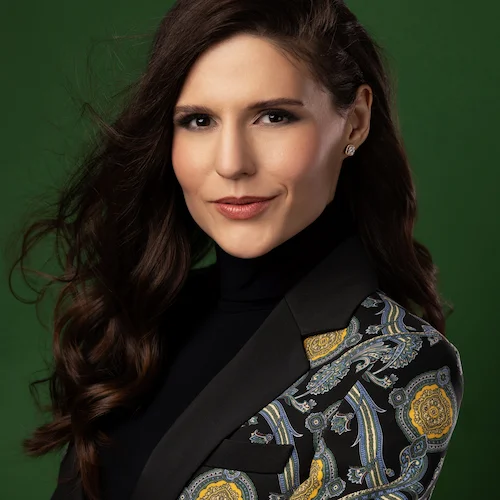Political branding has gradually gained attention in political science, highlighting the growing consensus that parties and politicians can be conceptualized as brands. Margaret Scammell, senior lecturer in the School of Politics and Communication Studies at the University of Liverpool underlined that “the beauty of a brand as a concept is that it is broad and inclusive, bringing together the rational and apparently irrational, the hard and the seemingly trivial details of appearance. In short, the brand concept is attractive because it has the potential to fuse insights from political science, economic based approaches to political marketing and cultural analysis of modern politics”.
Broadly articulating the term, a political brand represents the general feeling people have towards a government official, political association, or country. Political branding grows notoriety connecting political elites and supporters. It helps political consumers understand more quickly what a party or candidate is about and distinguish them from the competition. Consequently, maintaining an immaculate political brand is essential.
In a world where politicians should be considered national symbols, the political system is divided and fractured promoting rhetoric in influencing public opinion and thus actions in a way that has a negative impact on various nations. The lack of coherent political brands fashions a lack of credibility. In politics and public administration, ‘credibility’ seems to have become an increasingly wanted, scarce and thus highly valued, commodity. For many voters, Theresa May is established both as a credible leader, and a credible figure of the center-right. It may be a reflection of how much more important the division over Europe has become in mainstream politics than the traditional right/ left divide. It may signal a more permanent realignment. It may signal an aggregation of elements conceived in such a manner to raise awareness and profitability. It may signal the appearance of political branding as a tool in gaining credibility.
Furthermore, politicians exposing their lives on social media becomes – as a marketing tool – extremely important. Various other branding techniques are utilized all over the world. Vladimir Putin for example, is a brand himself. His stylist rips all the labels off his clothes, thus making no associations between other brands and himself. Angela Merkel launched the “Merkel App”, an augmented reality app through which she speaks to voters. Having a political brand helps differentiate from the competition, improves brand recognition and awareness, raises money for campaigns and aids in gaining appreciation and voters.
Moreover, a political brand is more than a marketing tool – it is a weapon in a political confrontation. A few years ago, politicians used to organize their political campaigns only during elections. Today’s politics requires a continue political campaign, both online and offline, so that the politician himself becomes the campaign. Everything is focused around the political persona: actions, ideas, events, supporting causes, surrounding persons, the electoral promises, and not only during the political campaign, but throughout the entire year. Today’s politics requires continuous political brand management.
A turning point in political branding represented Obama’s first presidential campaign. Never before had a logo captured a candidate’s platform and identity so accurate. Today’s presidential candidates will be paying more attention to their logos than ever before. Moreover, politicians should think about political branding as a means of seducing the imagination of the public. In 1952, legendary Broadway composer Irving Berlin wrote the song “I Like Ike” for Eisenhower’s presidential campaign and Walt Disney Studios animated the campaign ad.
Ensuring a political position requires a solid digital brand. Politicians must consider their credibility, digital identity and visibility whilst trying to convey their message online. Having the right logo, staying on message, and engaging with the people is the best formula when branding yourself as a politician.


